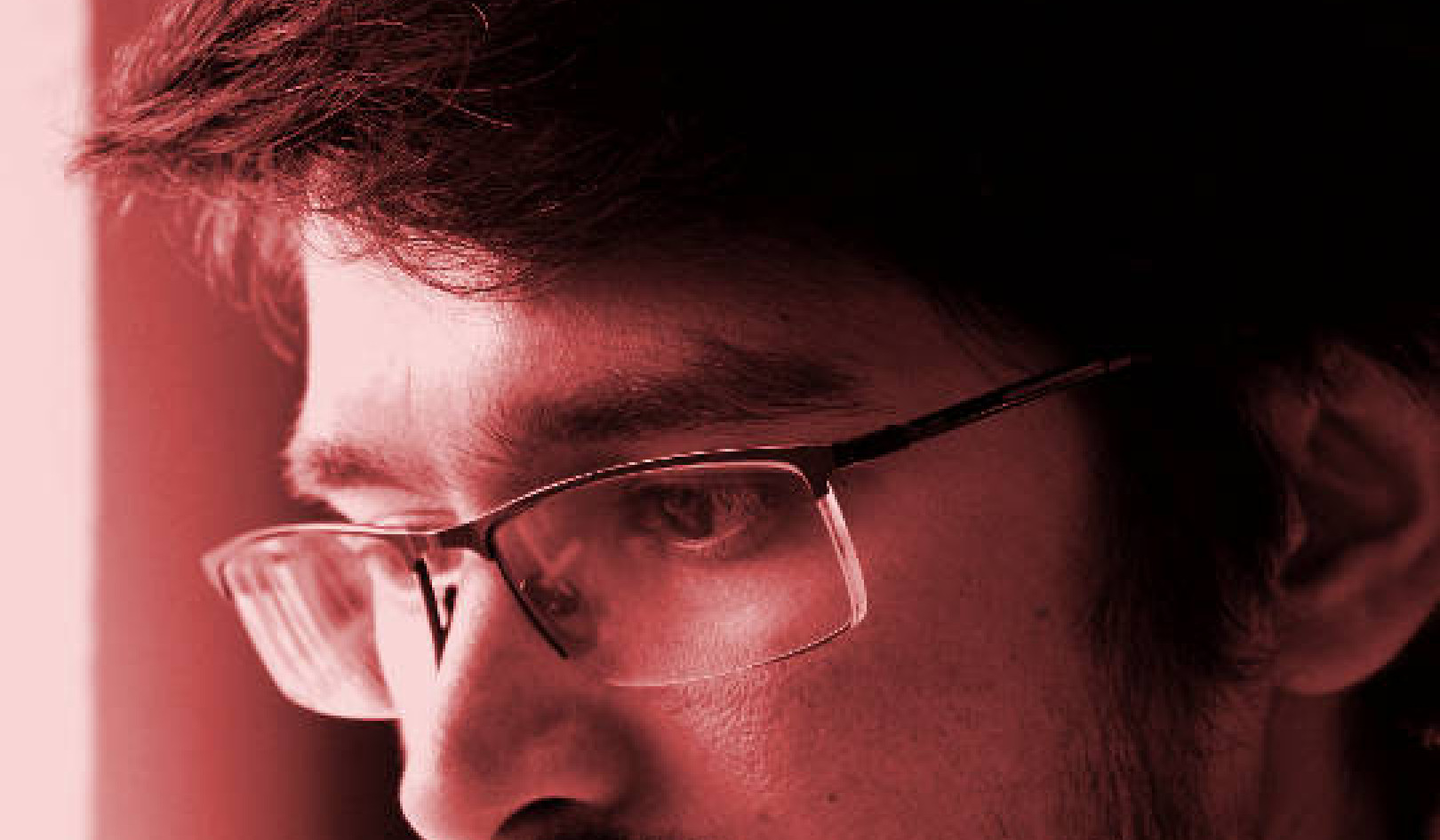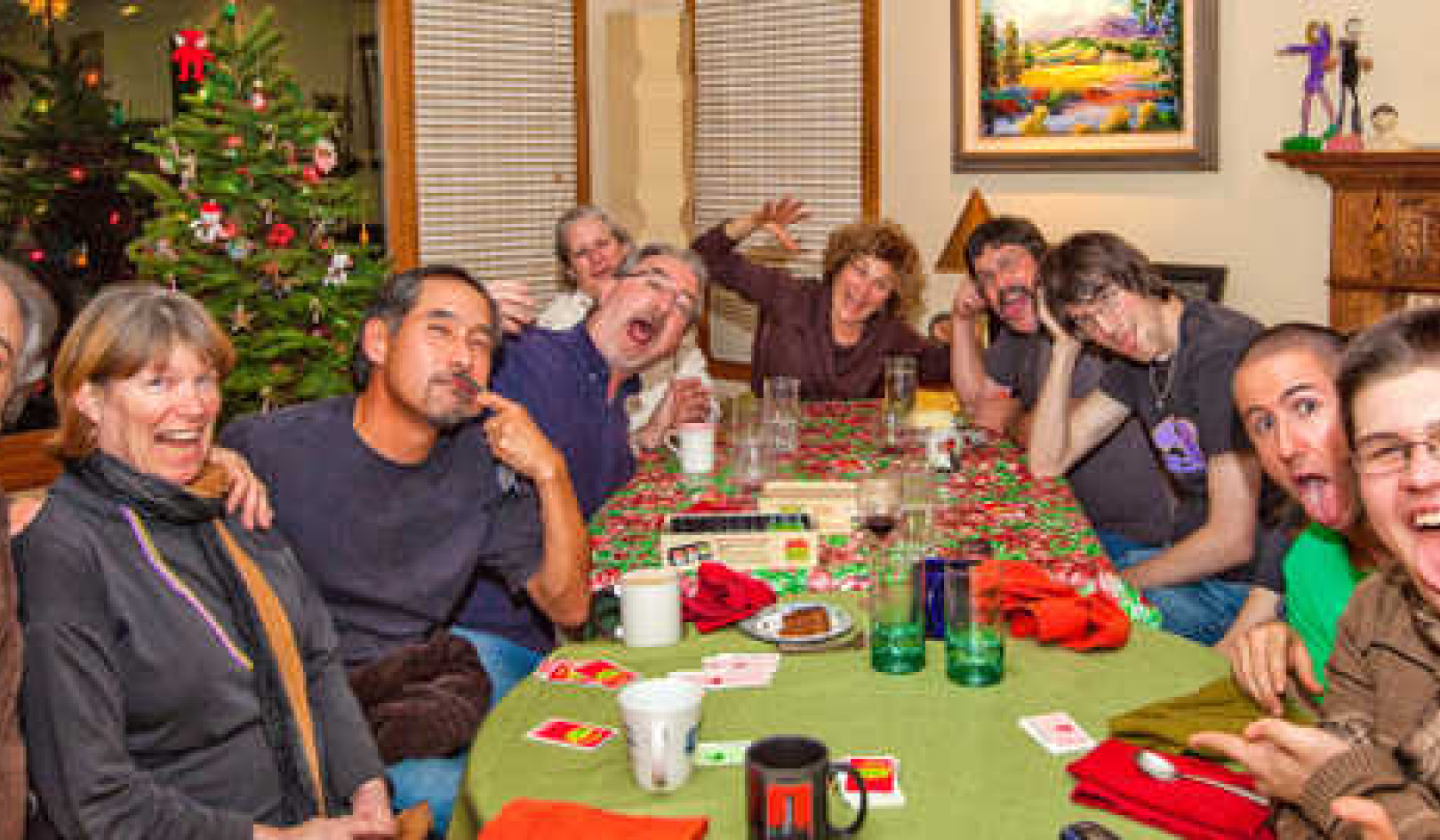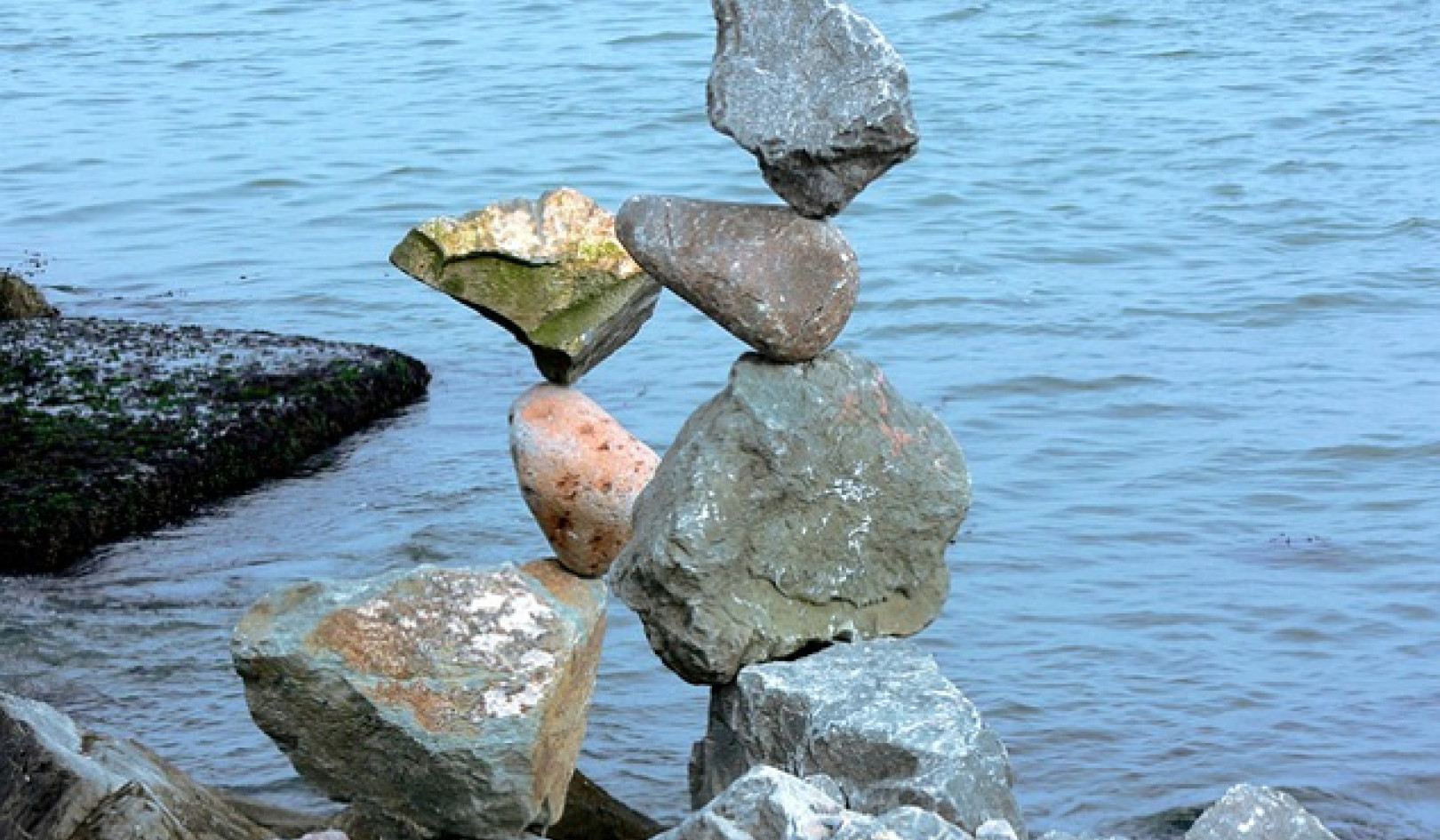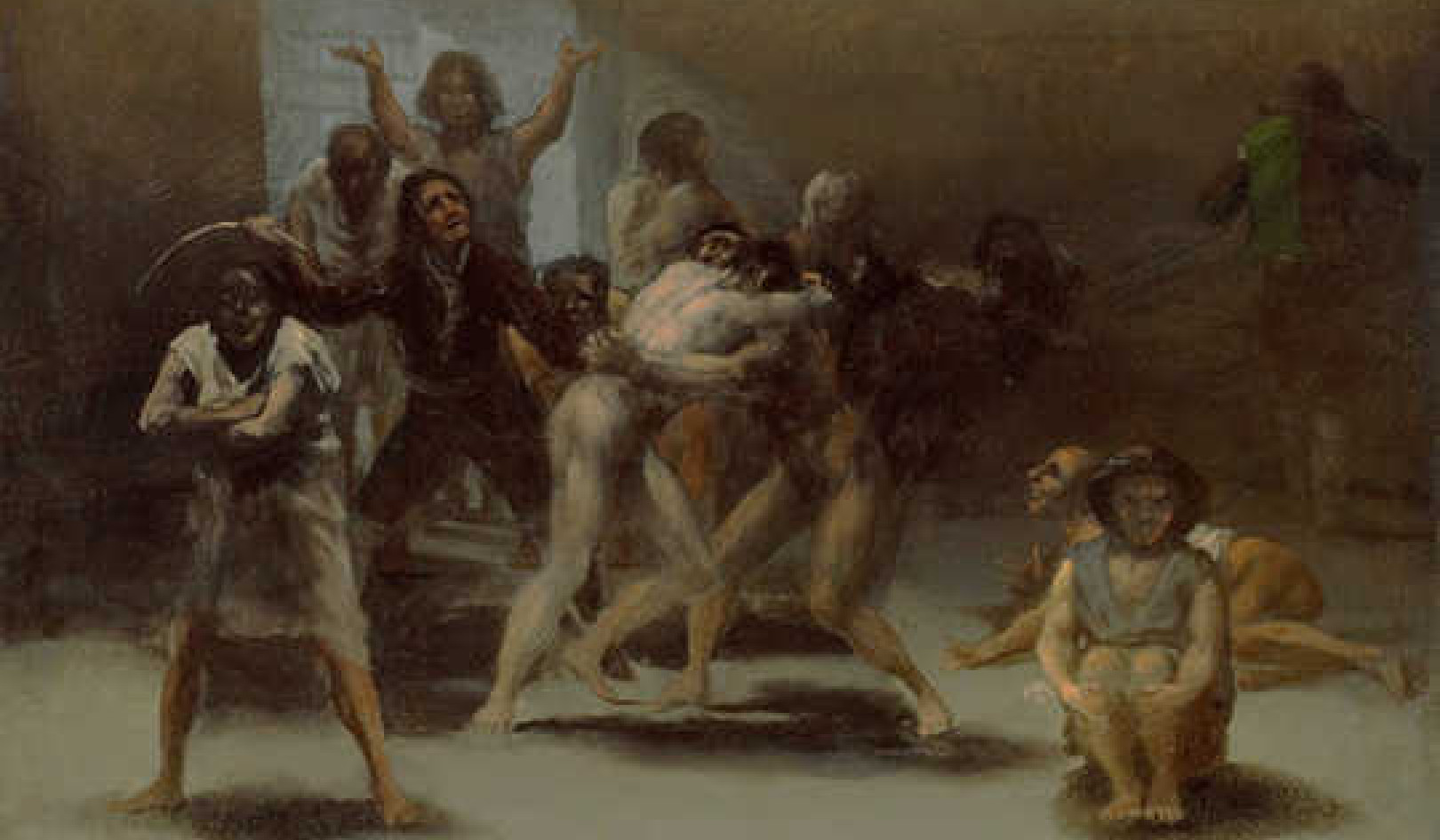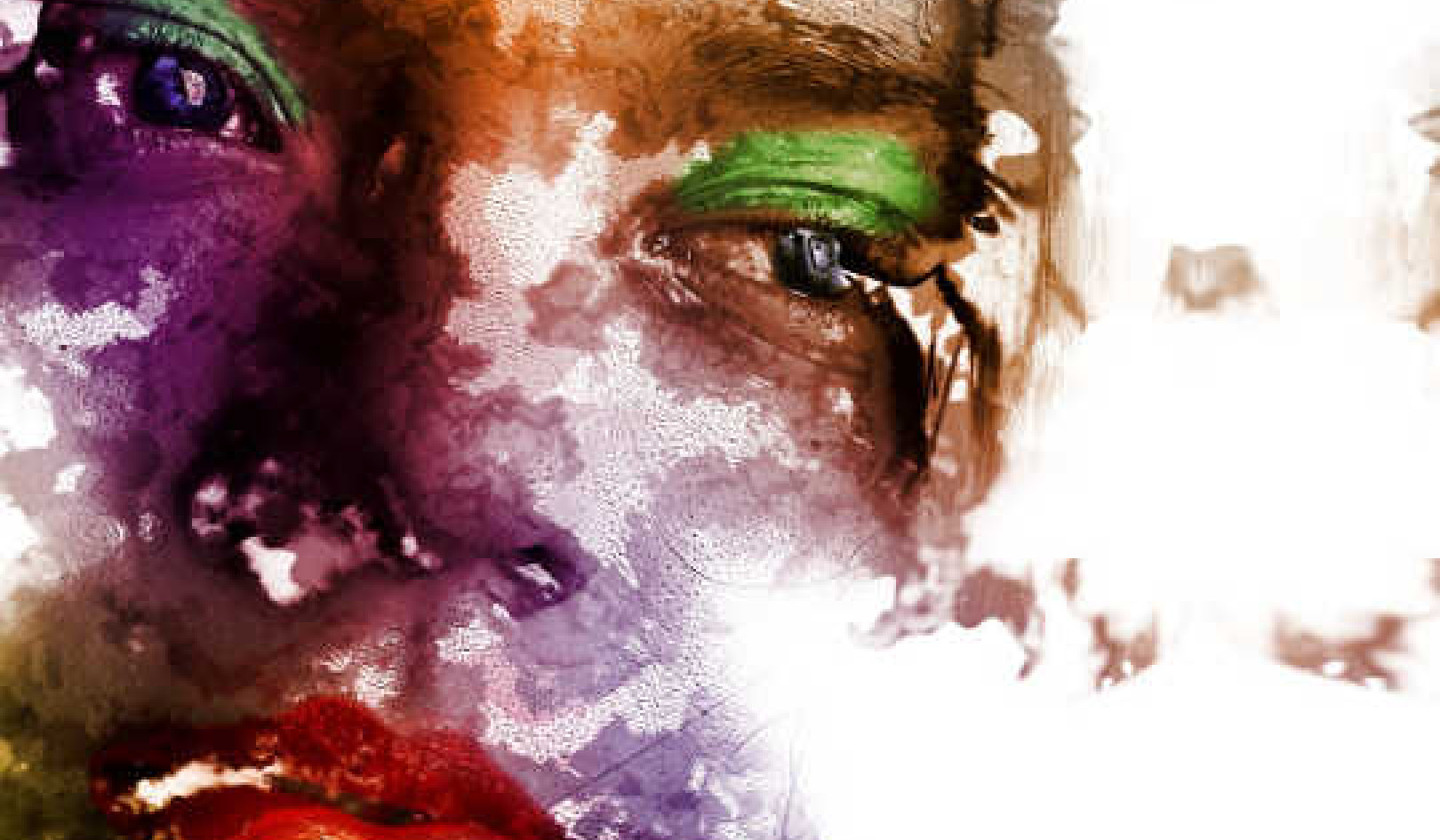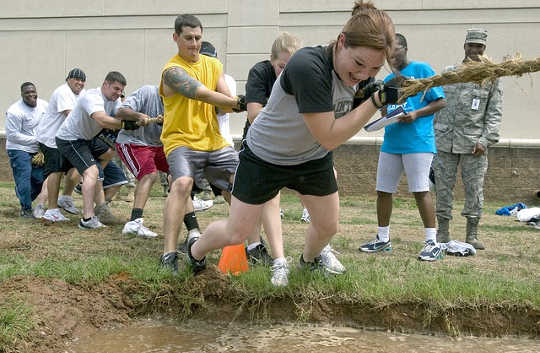
Image by skeeze
Ready or not, at some point we all leave our teen years behind and enter the adult world. And even though many of us had the illusion that reaching adulthood would mean we had achieved a sort of award-worthy final destination where we could live forevermore from a place of certainty and peace, knowing what to do and what to wear in every circumstance, this was probably not the case.
Like a big fish in a small pond who is suddenly thrust into a vast ocean, we discovered that adulthood brought increased responsibility, the tendency to enmesh with our professional identity, and the never-ending duty to do everything responsible adults “should” do. And over time, we developed a tendency to do more and more for others and less and less for ourselves.
Tell me if this scenario sounds vaguely familiar. You do the laundry, buy insurance, balance your checkbook, visit your family on holidays, clean house, spruce up your white picket fence, and provide healthy homemade meals for your family because those are the kinds of things you know you are supposed to do. But instead of congratulating yourself for all that you accomplish, you beat yourself up for all that you didn’t have the time or the energy to get done.
I know you can’t see me, but I’m raising my hand so high right now! If you’re like most women I know, and I include myself in this category as well, this self-depreciation leads to feelings of self-judgment, shame, impostor syndrome, mommy guilt, and unworthiness. Even though we are doing really great things!
So what happens next? We hide. And we pretend. But we don’t dare show or tell anyone what’s really going on. And that’s the problem.
While it is true there are an overwhelming number of things that need to get done, exposing ourselves and our lives as the imperfect messes they are frees us because we no longer have to pretend we are anything that we aren’t. When we show ourselves honestly, we get out of our heads — and our endless to-do list — and drop into our hearts, our bodies, and the joy of our lives. Which, interestingly, frees us up to get more done, because we spend less time dancing around, making it look like we have it all under control, and more time actually getting things under control! It also frees us up to be able to re-choreograph our lives in a way that truly make us happy, satisfied, and comfortable.
The Making of Our Self-Worth
As women, we’ve been conditioned to measure ourselves against external standards, always trying harder and doing more. But in order to thrive, we cannot keep doing more, living up to standards that are not our own. Instead, we need to develop our own internal valuation system, where we meet our own expectations instead of the expectations of others. And when we do, confidence and joy flourish and we are enlivened both professionally and personally, because all facets of our identity align with who we are and how we show up in the world.
Of course difficult things happen. Life is filled with challenge and setbacks. But in choreographing our own lives and committing to our own path, we develop a knowingness of who we are, what we value, and what is important to us, which brings an inner peace that no amount of accolades from others can ever provide!
Since we can only imagine, manifest, or create within the framework of what we know, until we become aware of what lies beyond that framework, we have no means of getting there, and we remain stuck. Spending our lives meeting other people’s ideas of how and who we should be is like living with blinders on. Until we rip off those blinders, our perceptions are limited, and unless something unprecedented happens that shifts our awareness, we can never be fully free to live and dance with our own kind of sparkle.
The Dream You Never Knew You Had
This awareness shift is exactly what happened to one of my mother’s student teachers. Eliza was a kind, compassionate, and caring young woman who realized halfway through her student teaching that teaching was not for her. She loved kids but felt unfulfilled and exhausted by the day-to-day requirements of the job. This had been her dream, hadn’t it?
Nobody understood her hesitation, as she was seemingly so well suited for her chosen career. She was encouraged to forge ahead and was told that she’d “get used to” teaching and that everything would be fine. Her head knew that she was “supposed to” grow up, find a job, and move into life, but her heart kept telling her that something was wrong.
Against everyone’s advice, she joined the Peace Corps. She released all her expectations, and without any intention of creating anything, she was sent to Africa. She fell in love with the culture, the land, the people, the smells, taste, and feel of Africa! And once she arrived, everything fell into place for her. Her life in Africa had been right there, waiting for her all along; she just hadn’t known it yet.
When she returned, she sought a job relating to Africa, volunteered at nonprofits, and worked with African refugees, but the longer she was in the United States, the more depressed she became.
Despite the fact that everyone in her world thought she was crazy, she trusted her truth, and bravely re-choreographed her life by moving back to Africa. Where she met the man of her dreams, fell in love, got married, and started a family. To this day, she lives and works in Africa, leading a life that she could have neither prepared for nor planned to manifest.
When we release old narratives, whether created by ourselves or by others, and uncover our own magnificence, we give ourselves the opportunity to live according to our own desires, and our path opens up. Where have you been driving ahead, doing everything you should be doing and neglecting that small voice inside, telling you that there’s something more?
What are your stories where you did everything you were supposed to do out of obligation, not out of joy? Perhaps you let yourself be defined by your husband, your children, your job title, or the size of your swimsuit. It’s okay to be proud of all that, but know who you are underneath.
And when you do, you step into your Naked Self-Worth and open yourself up to possibilities you may never have seen coming.
Exposing What “Lies” (Pun Intended) Beneath Your Elaborate Costumes
Sometimes the accepted cultural norm is not the healthiest or even the most logical behavior. Gossiping, complaining, and embracing victim consciousness, while all socially acceptable behaviors, do nothing to shed light on the lessons and beliefs of our past or inform us of our current reality. Similar to the way taking medication to treat symptoms is considered normal but doing the work to eliminate the root cause is considered alternative, so too have we gotten used to wearing masks, constructing elaborate costumes around ourselves and our lives, instead of revealing who we are at our core.
Hiding behind our elaborate costumes causes physical, mental, and emotional problems that affect us professionally and personally. Living a cover-up may be the normal, socially acceptable thing to do, but living a cover-up is living a lie, and lying has negative effects on our health.
Concealing our bodies, our brains, and our beliefs tells us and the world that something is wrong with us that needs to be covered. Over time, we internalize this Something is wrong with who I am message, and we start believing that our bodies, our minds, and our ways of thinking and viewing the world are wrong, and the spiral of self-judgment and covering up is set in motion.
Studies show that lying is stressful. When we lie, our bodies go into a state of fight or flight, meaning that our adrenals secrete adrenaline, norepinephrine, and cortisol. These chemicals contribute to insomnia, nervousness, and lowered immunity. They make us flighty, anxious, and unable to focus, and they exacerbate perfectionistic tendencies. Worse, stress hormones speed up the aging process because they inhibit collagen production and reduce our cells’ ability to repair damage. I don’t know about you, but at my age, I find that little bit of biology pretty motivating!
Society encourages us to lie about ourselves, cover up the truth of our bodies, and use them for others’ gratification but not our own. Nursing babies in public is controversial, but boobs on TV or in a magazine are fine. I mean, who doesn’t love the Victoria’s Secret fashion show? That’s what boobs are for, right?
Dress codes, oftentimes beginning in elementary school, reinforce the idea that what girls wear directly influences how boys behave. It’s the showing of the female body that is dangerous, wrong, or immoral, not males’ thoughts or actions. Rape and sexual assaults are underreported, with victims often expressing concern about what they may have done to encourage that crime.
Ponder the impact of the phrases we use with girls that we don’t use with boys: What will people think? Be careful; that might give him the wrong idea! You’re just a girl. Be nice or they won’t like you. Don’t be bossy! You don’t want to look like a know-it-all. Slut. Whore. Bitch. Cunt. That’s not ladylike! Why would they buy the cow if they can get the milk for free? The weaker sex. You would be so pretty if you lost weight, cut your hair, wore more (or less) makeup, etc. Is it that time of the month?
When we get caught up in the lies, when we capitulate and cover our bodies, minds, or spirits in order to succeed, we become part of the problem. Our compliance creates a tacit understanding among everyone around us that who we are is wrong. But we aren’t. Is it any wonder we’re stressed, sick, burned-out, and frustrated?
Filter Questions: "Living in the Glitter" Exercise
What are some of the black-and-white beliefs held by your family? If you are looking for a starting point, think about the biggies: race, gender, nationality, religion, marital status, political affiliation, level of education, and sexual orientation. But know that it’s usually the subtle ones, like A worthy woman sacrifices for her family that are more impactful.
Ask yourself these filter questions, and see what shifts for you. Move through the questions with a sense of curiosity and wonderment, as if you were watching a burlesque routine (Ohhhh, I can’t wait to see what’s underneath that!), instead of with blame, shame, or judgment.
1. Besides me, who around me holds this belief?
2. Is there a reason that I, or those around me, hold this belief?
Let me butt in for a moment here and explain what I mean by a reason for holding a certain belief. My grandpa was a pilot in both World War II and the Korean War. His experience, coupled with wartime propaganda, shaped his beliefs about those of Asian descent. A reason is not a justification. It does not excuse the belief or make it correct. It explains logically why someone would feel the way that they do. And until we discover those reasons, we are much less likely to create lasting change.
3. How is my belief true?
4. What evidence can I find that supports my belief, and what is the quality of this evidence?
Okay, okay, the preceding question is a tad lawyerly and a little ridiculous, I admit. It’s just that there may have been a time or two when I was more interested in being right than in really, honestly being right. And I may have gone to great lengths to prove a position that in my heart and head I knew wasn’t accurate. Mum’s the word. Perhaps you can relate.
5. How is my belief false?
6. What evidence can I find that is contrary to my belief, and what is the quality of that evidence?
7. Does this contradiction cause me mental angst or discomfort?
8. In what ways have I rejected this contradictory evidence?
9. In what ways have I attempted to explain away this contradictory evidence?
10. In what ways have I avoided looking at this contradictory evidence?
11. What would changing my belief mean for me, as well as for my relationships with others?
Adult Self-Reflection Stories
What are the stories of your adulthood? Spend some time journaling about your adulthood, and the experiences that have informed your perception of yourself. Marriage, divorce, death, loss, children, pets, and even travel have a profound influence on our identity and our beliefs. What are the stories that affected you?
Go through the filter questions and challenge some of your long-standing assumptions. See what it is that lies beneath your elaborate costume. You. Your raw, vulnerable core self who is amazing on every level. Or, as I like to say, your inner burlesque star!
But you know what else lies beneath? Lies. The lies you tell yourself about what you need to do in order to survive in a world where, despite progress, women still struggle for equality. The lies that keep you afraid of being seen, afraid that you are not pretty enough, smart enough, strong enough, or capable enough. Afraid that you will not be accepted for who you are.
\Those are the lies we’ve been internalizing since we were old enough to formulate beliefs and feel the sting of shame or the insecurity of being different. Lies, that’s what lies beneath. Are you ready to end this cover-up once and for all?
Copyright ©2019 by Lora Cheadle. All Rights Reserved.
Reprinted with permission from the book, FLAUNT!.
Published by : New World Library. www.newworldlibrary.com
Article Source
FLAUNT!: Drop Your Cover and Reveal Your Smart, Sexy & Spiritual Self
by Lora Cheadle
 Attractive woman, savvy career professional, devoted wife and mother, caring daughter — the list of roles women play is endless. We may have chosen and cherish these roles, but nevertheless, they may occasionally chafe. What lies behind these roles? FLAUNT! dives deep into how and why you got where you are and uses laughter, play, and storytelling to help you express your truest self with self-love, sass, and joy. Discover how to build rock-solid self-worth while finding freedom and fun. (Also available as a Kindle edition and as an Audiobook.)
Attractive woman, savvy career professional, devoted wife and mother, caring daughter — the list of roles women play is endless. We may have chosen and cherish these roles, but nevertheless, they may occasionally chafe. What lies behind these roles? FLAUNT! dives deep into how and why you got where you are and uses laughter, play, and storytelling to help you express your truest self with self-love, sass, and joy. Discover how to build rock-solid self-worth while finding freedom and fun. (Also available as a Kindle edition and as an Audiobook.)
More Books on this topic
About the Author
 Lora Cheadle is a former corporate attorney turned female-empowerment coach, speaker, radio personality, and the world’s first Life Choreographer. She is the creator of FLAUNT! and Find Your Sparkle coaching programs, workshops, and destination retreats and has performed burlesque widely as Chakra Tease. Find out more about her work at LoraCheadle.com
Lora Cheadle is a former corporate attorney turned female-empowerment coach, speaker, radio personality, and the world’s first Life Choreographer. She is the creator of FLAUNT! and Find Your Sparkle coaching programs, workshops, and destination retreats and has performed burlesque widely as Chakra Tease. Find out more about her work at LoraCheadle.com























